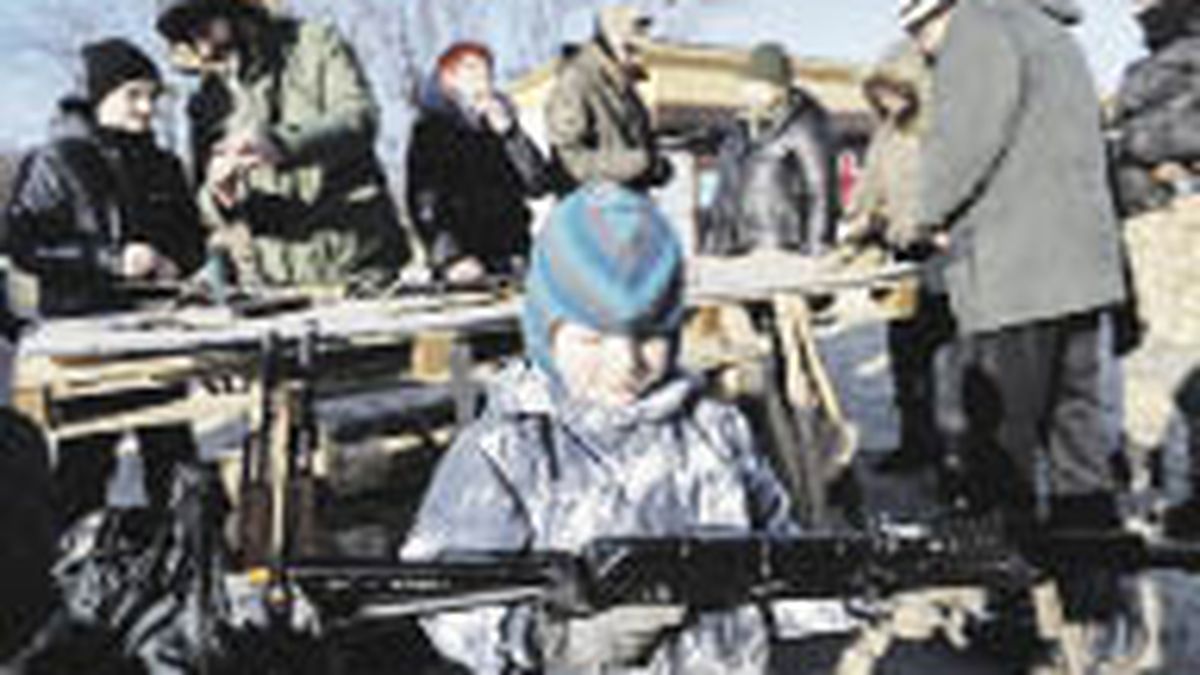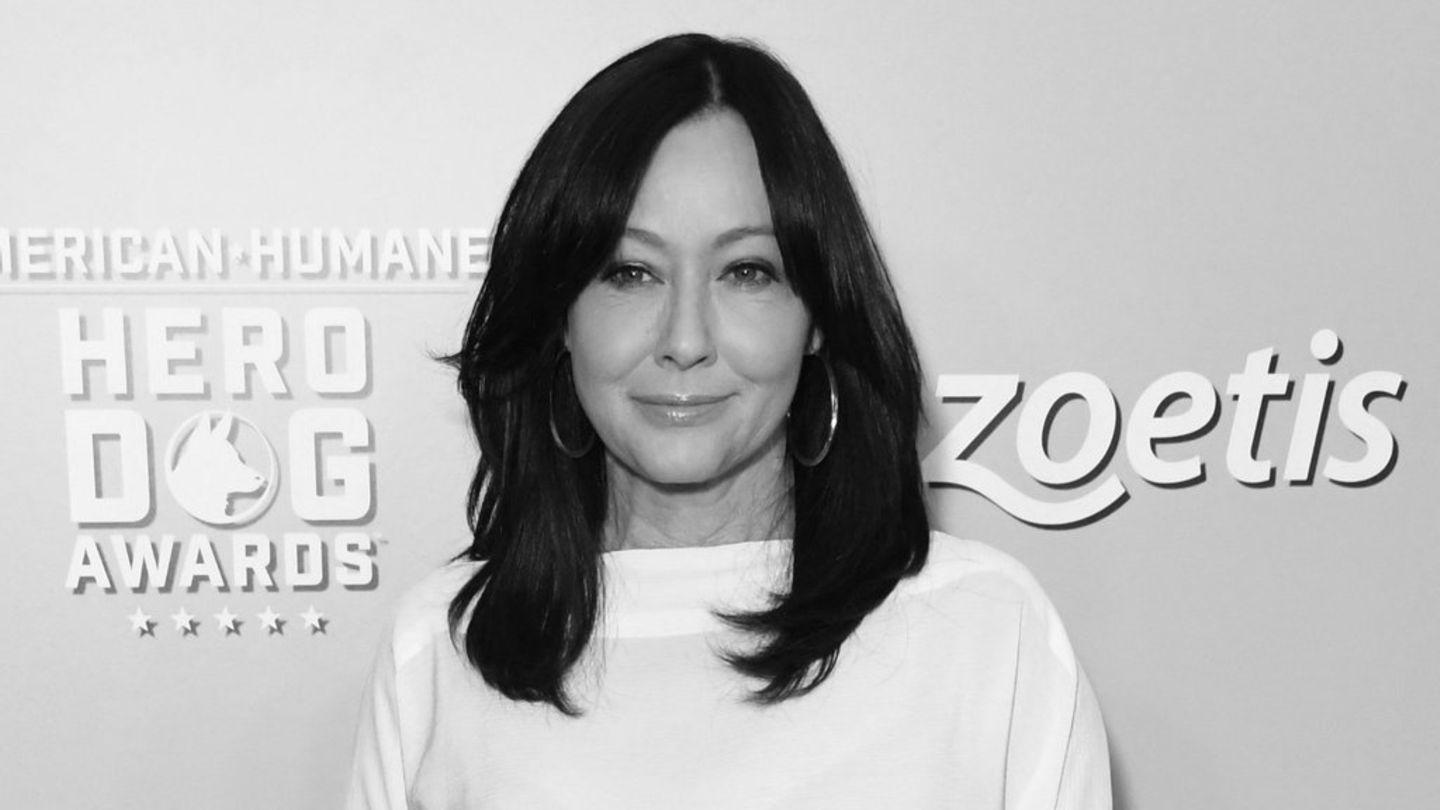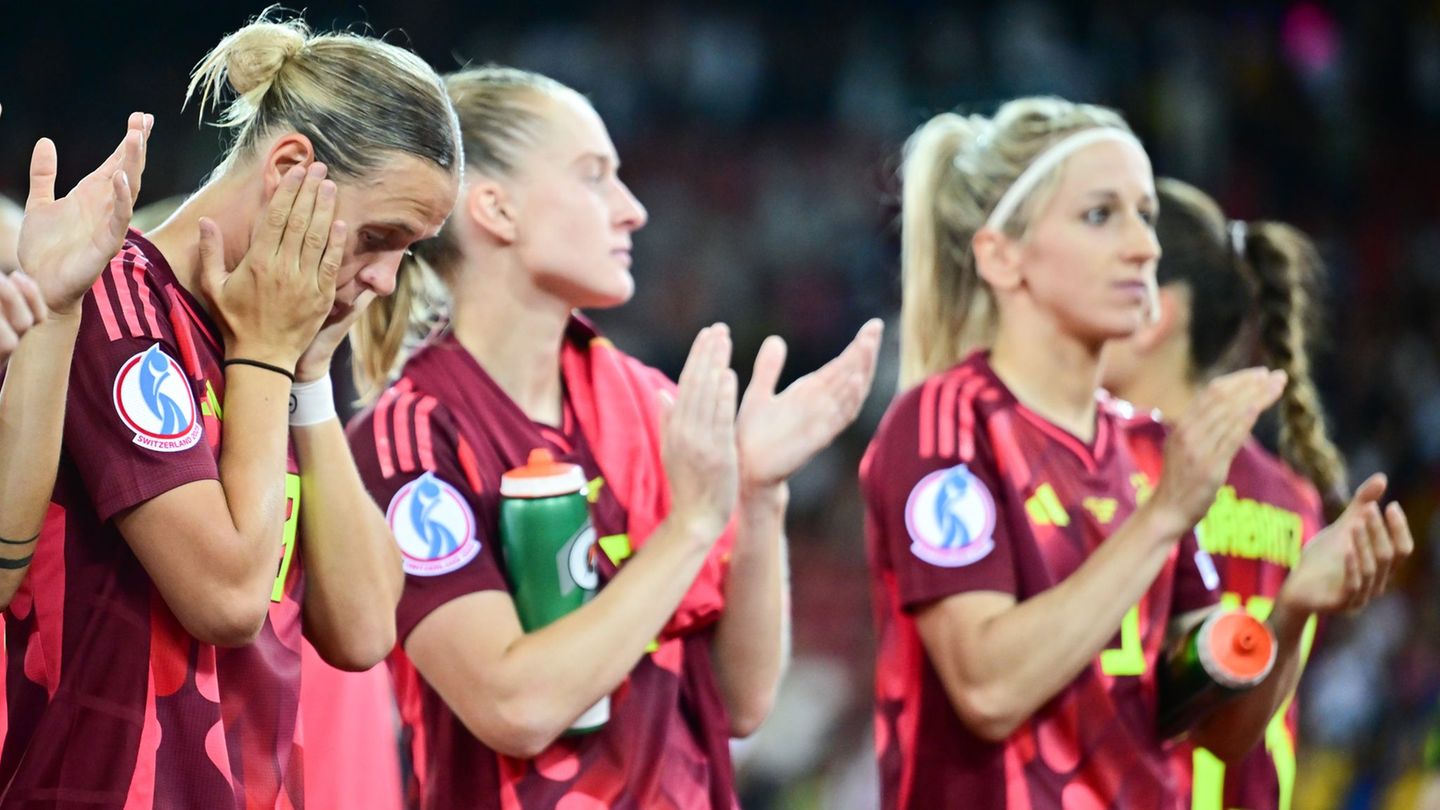Redoubling intense diplomatic efforts, the German head of government, Olaf Scholz, visiting Ukraine, said that there are “no sensible reasons” for Russia to have deployed soldiers – 130,000 according to the United States, on three fronts – near the border with Ukraine , with which it borders to the west.
Despite claims by the United States, which leads NATO, that troops could go on the offensive at any moment, a televised meeting between Russian President Vladimir Putin and his foreign minister, Sergei Lavrov, seemed to suggest otherwise.
In the session, Lavrov recommended to Putin that Russia hold more talks with the United States and its allies despite his refusal to consider security guarantees Russia demands, including Ukraine not joining NATO.
Russia, which denies wanting to invade Ukraine -with whose government it is at odds-, also demands that NATO stop giving arms to Kiev and withdraw its forces deployed in Eastern European countries that it was encompassing after the fall of the Soviet Union.
Moscow considers all this a threat to its security, but the United States and NATO have dismissed the demands. “The talks cannot go on indefinitely, but I, at this point, would suggest continuing and expanding them,” Lavrov said.
Facing Putin’s expressionless gaze, the minister stressed that the United States has offered a dialogue on limiting the deployment of missiles in Europe and its military maneuvers near Russia and other confidence-building measures. The chances of talks “are far from over,” Lavrov said.
With the cameras still on, Putin replied to Lavrov that the West might try to drag Russia into “endless talks” without conclusive results and asked if he thought there was still a chance of agreement on Russian demands.
Lavrov replied that his Ministry was not going to allow the United States and its allies to box them up.
Reaction
The United States reacted coolly to Lavrov’s remarks.
“The path of diplomacy remains open if Russia chooses to engage with it constructively,” White House spokeswoman Karine Jean-Pierre said.
In a week that could be crucial for European security, Scholz, Federal Chancellor of Germany, met with Zelensky in Ukraine and tomorrow with Putin in Moscow.
“There are no sensible reasons for such a (Russian) military deployment. Nobody should doubt the determination of the European Union, NATO, Germany and the United States” in case of invasion, he said.
Fears, however, remain strong.
Some airlines have canceled flights to Ukraine, and Ukrainian media today showed soldiers unloading weapons sent by NATO, which has heavily reinforced its military presence in Eastern Europe.
The United States announced that it will move its embassy in Ukraine to Lviv, about 80 kilometers west of Kiev, where Australia and Canada also took their diplomatic activities. Washington had already reduced its diplomatic staff in Kiev to a minimum.
Lithuania reported that it evacuated some non-essential diplomats and their families from Ukraine.
A possible -and unthinkable- possibility of a solution emerged in the last hours: the Ukrainian ambassador to the United Kingdom, Vadym Prystaiko, told the BBC yesterday that his country could renounce its accession to NATO, an objective that is in the Ukrainian Constitution, if this would prevent a war.
Today, Prystaiko seemed to back down a bit, saying that “to avoid war we are ready to (make) many concessions, but it has nothing to do with NATO, which is in our Constitution.”
Zelenski pointed in the same direction in his press conference with Scholz, in which he reaffirmed his country’s desire to join the Atlantic alliance, although he clarified that this depends on NATO and not only on Ukraine.
“We would like to be a member of NATO, and yes, it would be a guarantee of our security, our territorial integrity,” said the president.
Before the rectification, some Ukrainian deputies called for the ambassador’s resignation, and commentators in the Ukrainian media said that his initial statements showed that the idea was being considered behind closed doors.
Russia and Ukraine have been at odds since 2014, when the then-Moscow-affiliated Ukrainian government was overthrown by a wave of protests and replaced by the current one. Soon after, Russia annexed Ukraine’s Crimean peninsula and supported armed militias in eastern Ukraine in opposition to the new government.
More than 14,000 people have since been killed in fighting between the Ukrainian army and militias.
Source: Ambito
David William is a talented author who has made a name for himself in the world of writing. He is a professional author who writes on a wide range of topics, from general interest to opinion news. David is currently working as a writer at 24 hours worlds where he brings his unique perspective and in-depth research to his articles, making them both informative and engaging.




